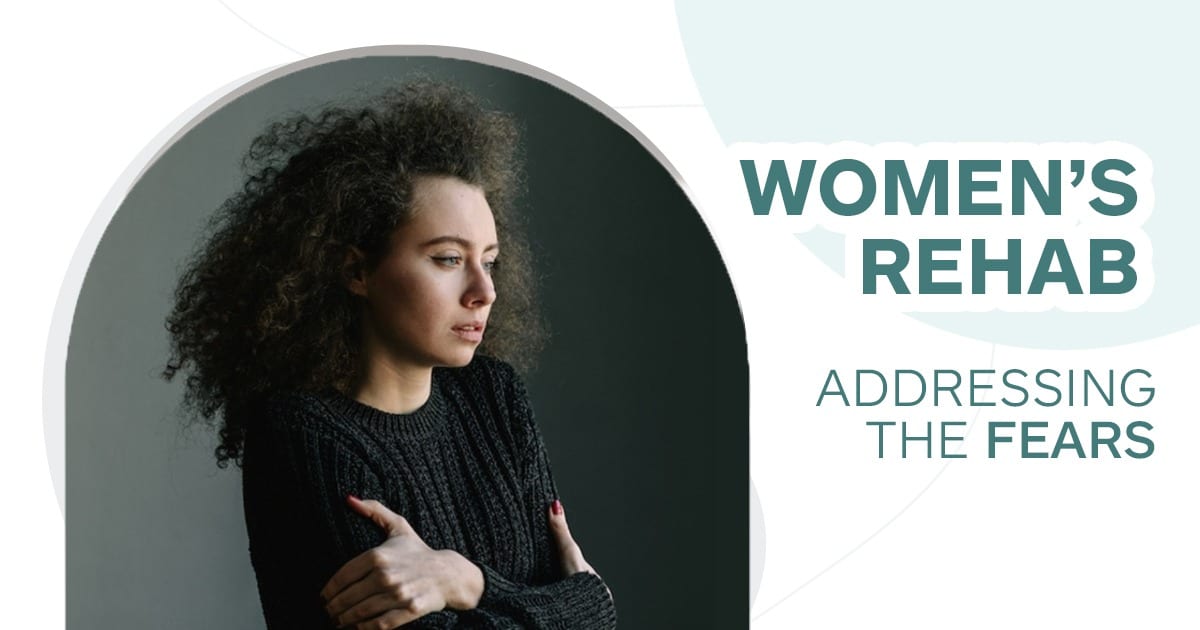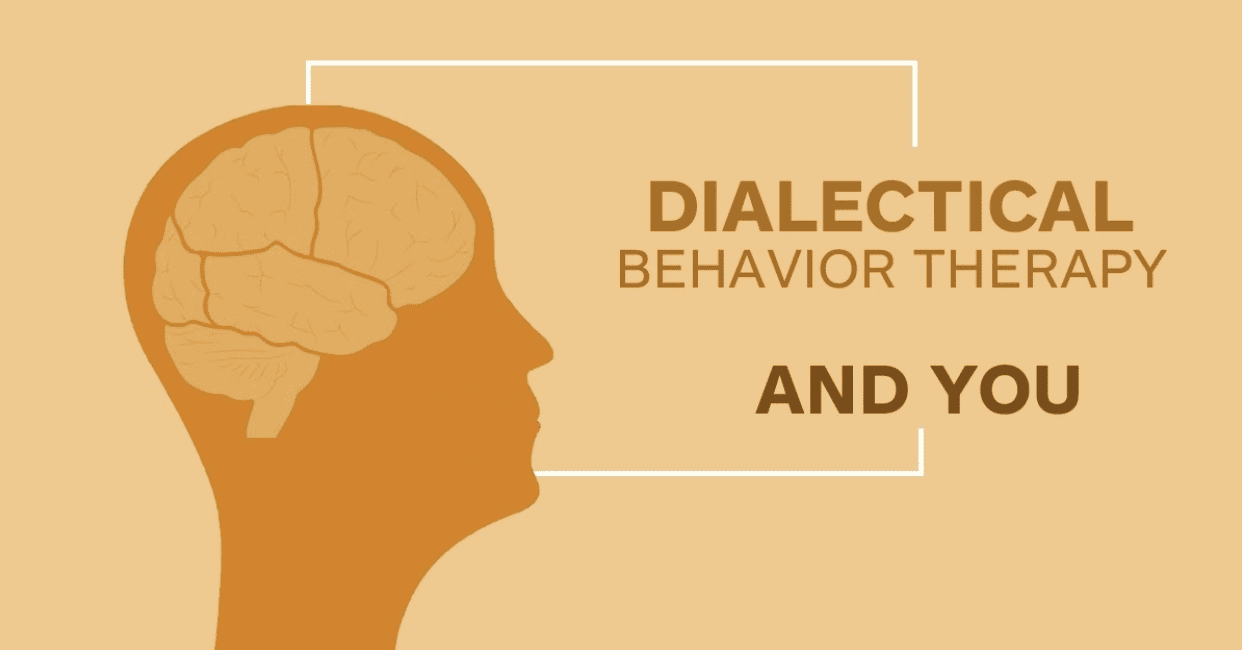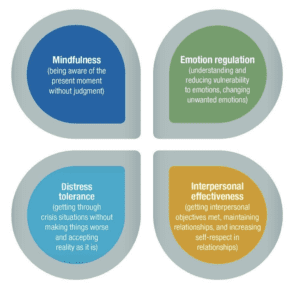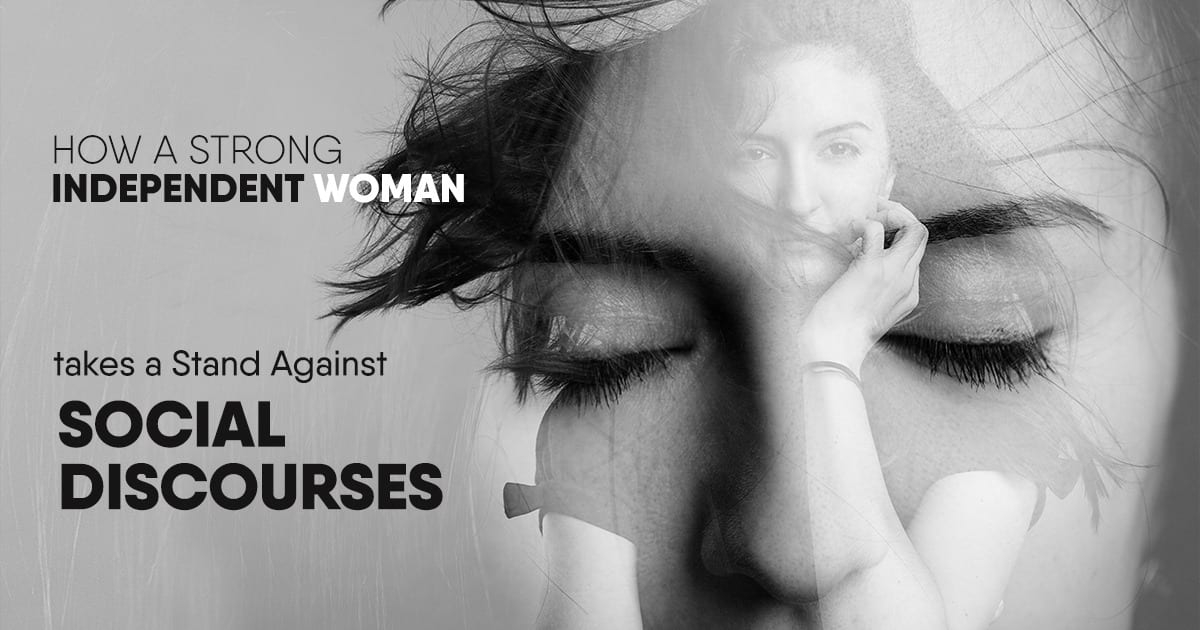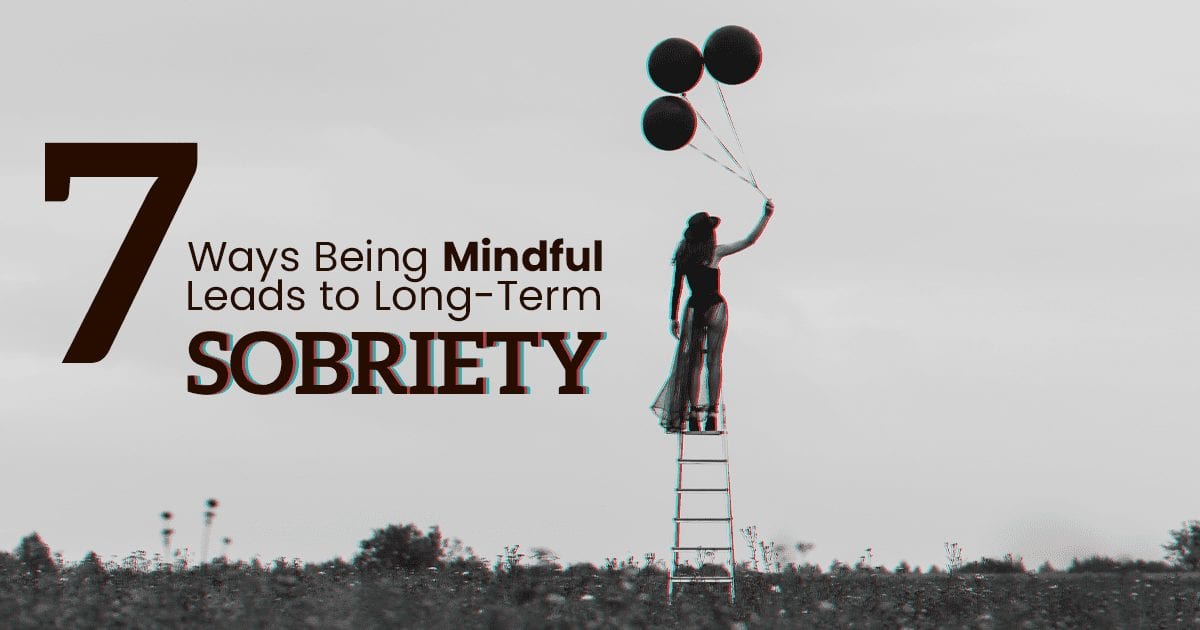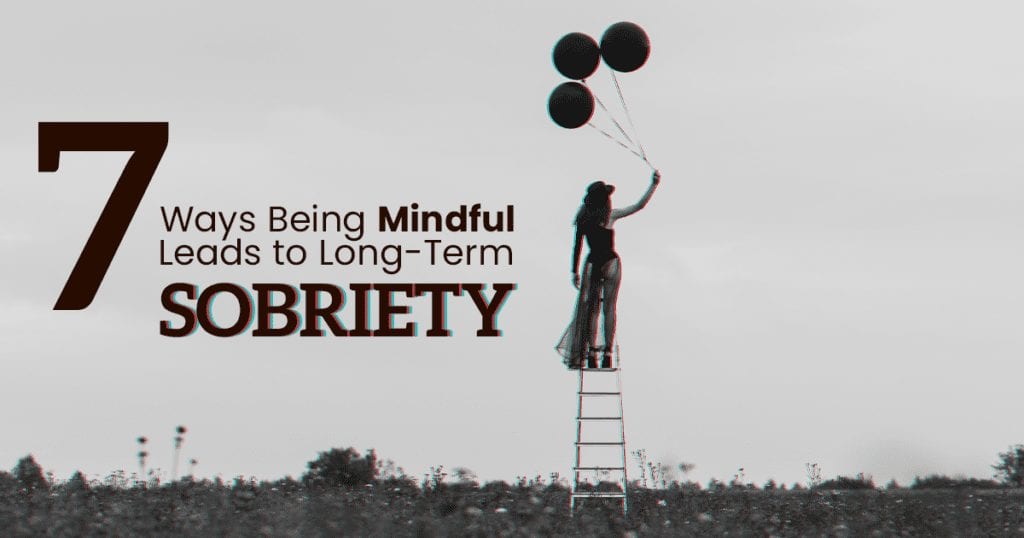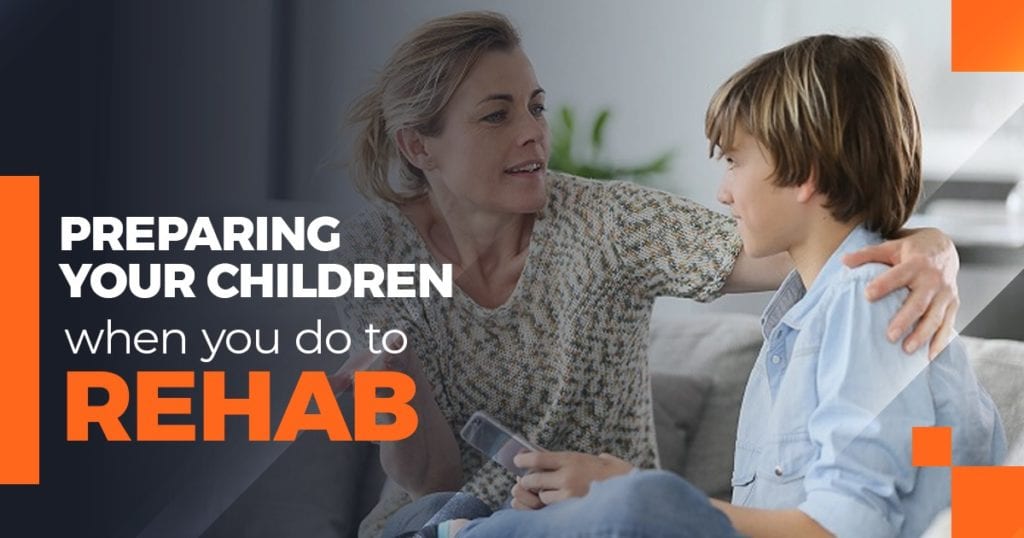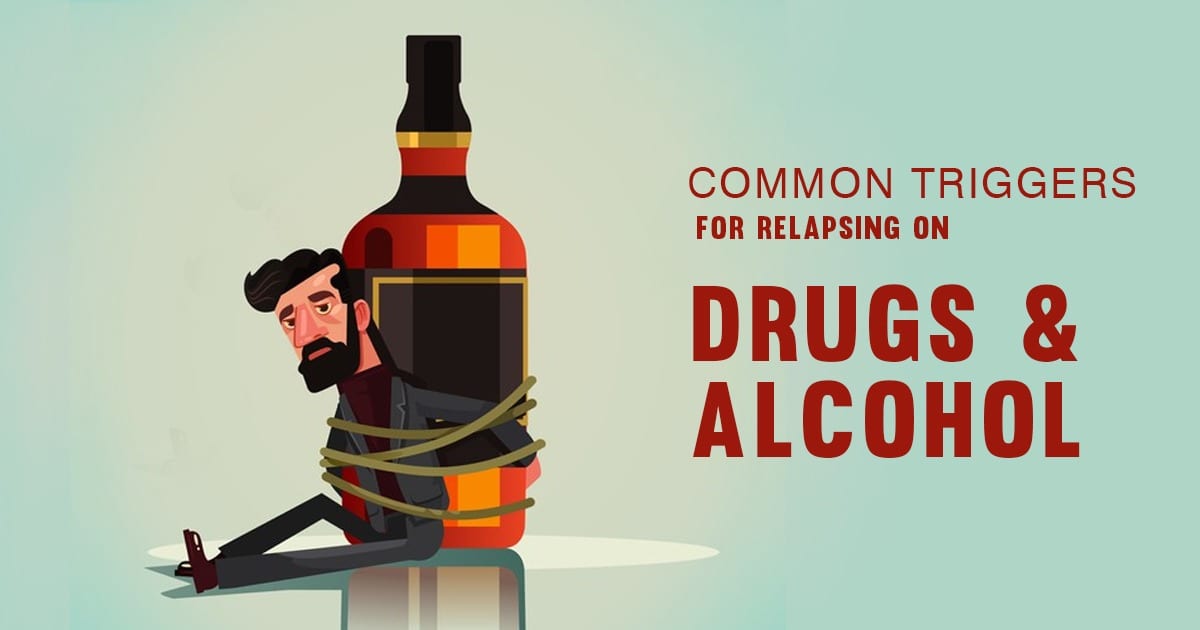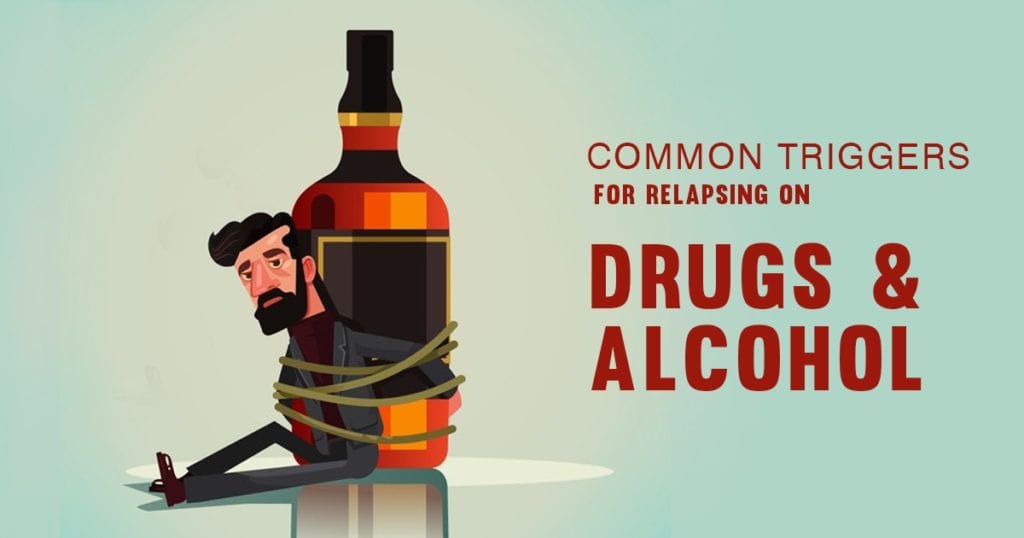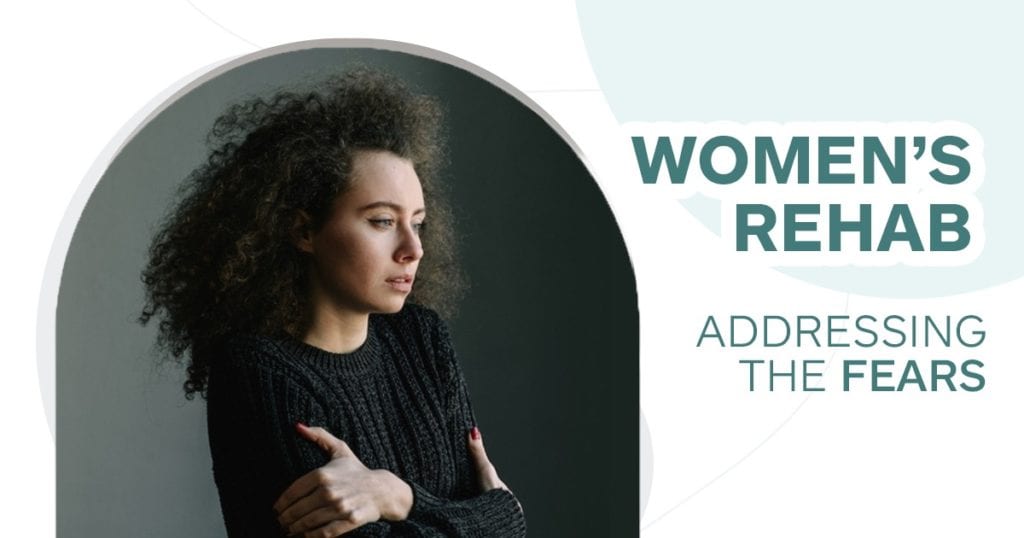
Substance use disorders affect men and women differently. When it comes to addiction, women face a more significant number of negative consequences and require a different approach when it comes to treatment. This is due to the difference in brain chemistry between a man and a woman. For these reasons, a women’s rehab can definitely be a comfortable environment to encourage growth.
Additionally, research has shown that women want different things in their therapy than what men expect. These differences are precisely what makes an all-women rehab the right choice for many of today’s women who are struggling with sobriety.
Why should I Attend a Woman’s Rehab?
Most addiction treatment facilities offer the chance for recovery from addiction and substance abuse in a completely sober environment without the pitfalls of alcohol or other drugs. Unlike traditional addiction treatment centers, an all-women rehab center will provide a unique approach to treatment that focuses on creating a supportive, non-judgmental community of women that can better understand and empathize with the challenges we all face during the process of recovering from drug abuse.
Many women with addictions attempt to go through recovery without the help of others. A gender-specific recovery center offers a chance to create a strong community centered around the idea of support. Studies show that women tend to respond better to other women and heal faster when they are in gender-specific environments.
All-women’s drug and alcohol rehabs are an excellent way for women to get sober, do the work needed to recover, and live their lives again. These facilities offer a safe haven without peer pressure or judgment; but for many women, the idea of going to an all-women rehabilitation facility can be daunting. These outpatient treatment programs can be scary for both women and their families, but here’s why an all-female rehab is a right path to recovery for many.
Addressing the Fears of Attending an All Women’s Rehab
Here is a list of some common fears about women’s rehab center and how to overcome them:
Putting Life on Pause
One of the major fears about going to a women’s program is having to leave behind their life – their job, their family, their home, their friends, but the actual experience can be different from what you imagined.

A women’s rehab program will give you the tools to rebuild your relationships with these important people so that you can get back to your old life and live it free from stigma, social discourses, and addiction.
Women’s Rehabs are Less Fun
People often associate drugs and alcohol with having fun, and an alcohol rehab center can be a very depressing place if you seek thrills through drug use.
Our concept at Anchor Tides Recovery Center is to design and create a women’s rehabilitation facility that incorporates a holistic approach to treatment. Lifestyle wellness is learned through services like therapy, yoga, healthy eating, and general fun. Our goal is to be an all-encompassing retreat where women can have fun while getting the help they need.
Confronting your Past Trauma
It is common for survivors to feel intense fear and even panic when faced with their past traumas during treatment. However, during rehab, confronting your past trauma is key to achieving– and maintaining– long-term sobriety.
A gender-specific environment will provide a level of comfort that will encourage sharing. This process will help you reach personal growth and work towards a healthier, happier life.
Most people have four or more types of trauma in their childhoods and past, but it’s not just about looking back, because you can’t change the past. We’ll teach you tools to change the adverse effects of that trauma in the present so that you can move forward into the future with joy and purpose. You’ll learn to let go of regret and guilt, find forgiveness, let go of shame, and build self-esteem.
Fear of Failure
Fear of failure during rehab is common. The client may have a fear of relapsing, and as a result, they put off treatment altogether. This fear comes from an underlying trauma; addressing the issue can help the fear and the feelings that stem from it. Understanding the risk factors when choosing an appropriate rehab center is key to achieving success.
If you have the resources to get high, you most likely have the resources to complete your drug rehab treatment. If you make up your mind that you do not want to use drugs again, you won’t have a problem completing your drug rehab treatment and therapy sessions.
Inability to Handle Stress
Stress puts your rehab in jeopardy by signaling the body to use its most significant resources to survive a situation. Identifying the fear and substituting a more adaptive behavior is imperative to your successful recovery.

The time spent rehabilitating allows you to reduce symptoms of stress and to start living healthier. Managing stress can help you recover more quickly and worry less about how your body responds to physical therapy, rehab, and recovery.
Intimidated by Other Women
Believe it or not, many women feel intimidated by other women. These feelings may stem from a bad experience in high school, nasty comments, or feuds they’ve had in the past. You may know, or you might be, somebody that says, “I just get along better with guys.” Women’s rehabs are a place to knock down walls and show you firsthand that your own gender is not something to be intimidated by! Instead, you will experience what we’ve witnessed time and time again… that women do better when we support each other.
Erase the preconceived notions you may have of women tearing each other down, and feel what it’s like to find support and be lifted up by other women.
Gender-Specific Addiction Treatment Program
Addiction doesn’t change much in a person’s life until it’s too late. By then, the relationship with drugs and alcohol has become an important part of your life. If you notice a loved one struggling with addiction, it’s vital to take action before the situation gets out of control.
Whether you are having a problem with drug addiction, eating disorders, depression, or anxiety, an all-women inpatient drug rehab is suitable for you. Having support groups of other women dealing with various problems can help aid recovery and make treatment more effective.
Anchored Tides Recovery Center is specifically designed for women. Our effective addiction treatment programs are designed specifically for a woman’s unique emotional, physical, and spiritual needs. Our team of professionals will help you develop a personalized treatment plan for your long-term recovery goals. Call us today at 1-866-753-5865.Wom

